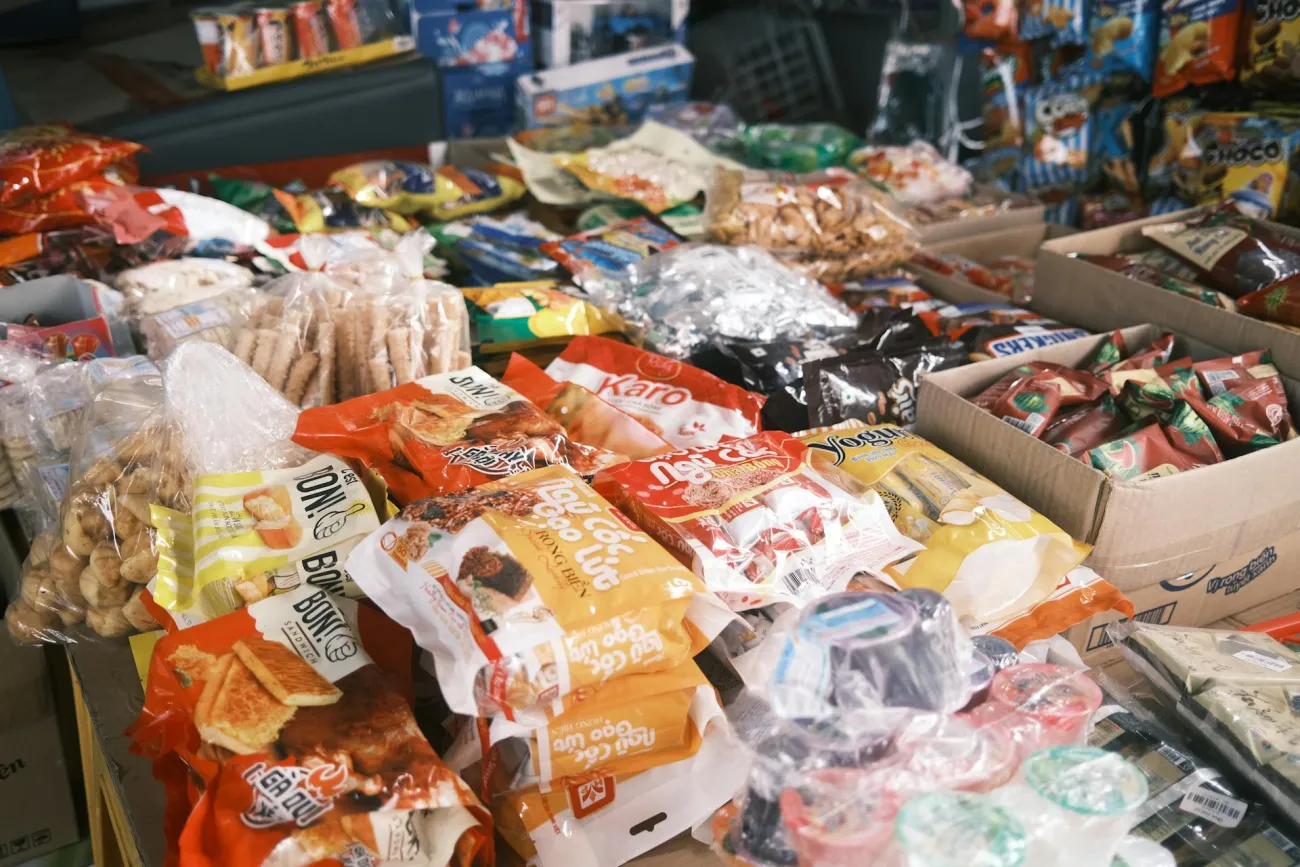Episode summary
500 scientists from 60 countries gathered at the 5th Global Food Security Conference in Leuven, Belgium. Instead of saying, "you had to be there," we bring you voices and reflections from the conference. Host Matthew Kessler recorded dozens of interviews, asking experts what key messages they want to deliver to those with the power to change food systems, what are the economics of food systems transformation, and which solutions to make food systems more resilient deserve more attention.
This is Part 1 of a 3-part series, made with the support from ‘shout it out’, an instrument of the Global Minds program.
Subscribe to TABLE's newsletter Fodder
About the Global Food Security Conference
Food system activities are increasing putting pressure on planetary boundaries and the natural resource base which underpins food security for all. They are also accentuating the triple burden of malnutrition for many, and healthier diets derived from more sustainable food systems are needed. The triple ‘Cs’ of climate, covid and conflict, and other recent short-term shocks to the food system, have emerged against a background of longer-term stresses, adding the issue of food system resilience to the already-recognised sustainability agenda. There is therefore an urgent need for food system change both to improve health and environmental outcomes in fairer and more equitable ways, and to enhance resilience to further shocks and stresses. Building on the momentum from the UN Food System Summit and recognizing that the 2030 target year of the Sustainable Development Goals is on the horizon, this 5th Global Food Security Conference will bring together science, business and policy to address this need.
This 5th edition was organized by Elsevier, KU Leuven, Wageningen University and Research and TABLE.
About the speakers
Martin van Ittersum (conference co-chair) is a professor at the Plant Production Systems group at Wageningen University. He has led and is leading a large number of (inter)national projects dealing with global food availability, integrated assessment of agricultural systems, yield gap analysis, phosphorus scarcity, climate change and circular food systems.
Tessa Avermaete (conference co-chair) is project manager at the Sustainable Food Economies Research Group (SFERE) of Leuven University. She manages interdisciplinary and transdisciplinary consortia that are working in the domain of food security, sustainable food systems, agriculture and sustainable diets.
Ramya Ambikapathi (member of the scientific committee) is a Senior Research Associate in the Cornell CALS Department of Global Development. Her research broadly focuses on how environmental and ecological factors translate to poor nutrition outcomes, and efforts to mitigate these negative impacts. This research has led her to explore gender equity, men’s engagement, family food choices, food environment, informal economy, food systems, and consequently, metrics and methods to measure these complex factors as they relate to nutrition outcomes.
Gerard Govers (member of the programme committee) is the Vice-rector of Science, Engineering and Technology and Vice-rector of Sustainability at KU Leuven. He is a Professor of Geography with extensive research in soil degradation, soil erosion and its relationship with agriculture and agricultural productivity.
Joanna Trewern (conference keynote) is Director of Partnerships and Institutional Engagement at Pro Veg International. Joanna is an expert in healthy, sustainable diets and sustainable food systems. Most recently, she was Head of Consumption at WWF-UK, where she led the organisation's work on healthy, sustainable diets. Her experience spans corporate sustainability, policy and advocacy, research, and communications.
Coeur Catering has been making its mark on the catering world in Belgium and abroad with great enthusiasm for 20 years, and has been the exclusive catering partner of Film Fest Ghent and the Festival of Flanders for many years. Coeur prided itself on a sustainable approach with a vision that is intertwined with the company's DNA. Since 2018, these ambitions have been translated into a concrete action plan: E-COEUR, which reduces the impact on the environment as much as possible and uses natural resources in a responsible manner.
Related Feed episodes
Narrowing the yield gap in Sub-Saharan Africa
Jessica Duncan on COP28 and who shapes food policy
Joachim von Braun on an "IP for Food"
Ken Giller on the Food Security Conundrum
Sophia Murphy on "Getting the global rules right"



Comments (0)